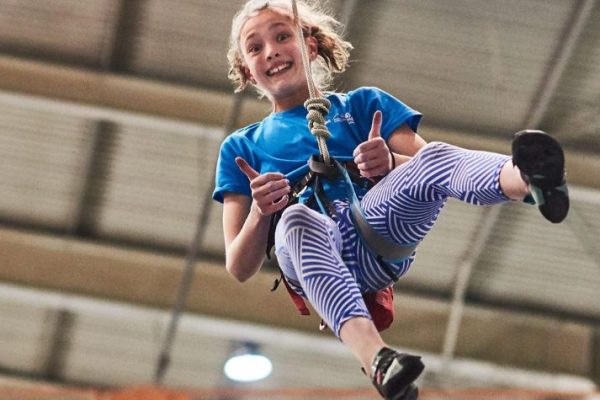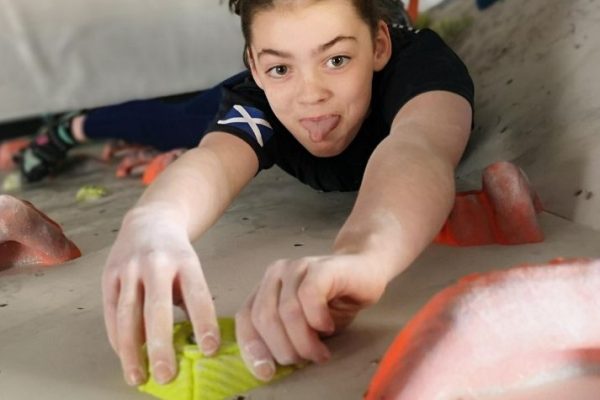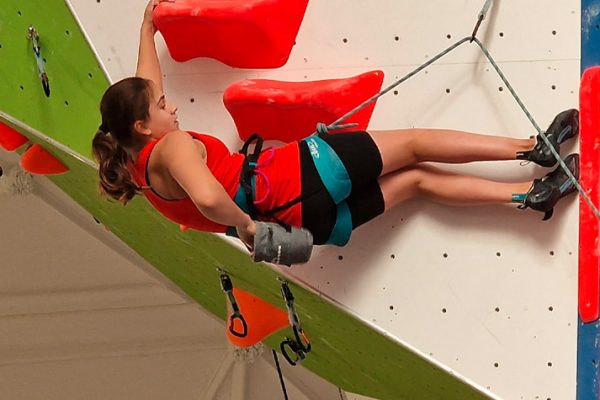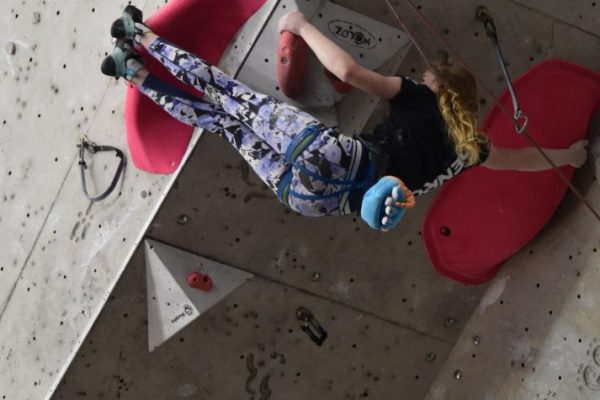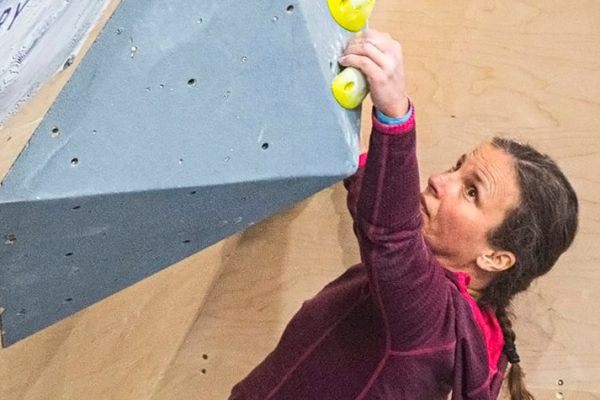You don’t need to be a pro to enter your first climbing competition! You can gain loads of experience by having a go and seeing how others perform.
Many climbing walls have their own competitive leagues and ClimbScotland organises a range of youth and adult climbing competitions each year, from entry level fun comps to the Youth Climbing Series and Scottish National Championships.
Find out about each one and book your place below.
2025 Age Category Changes
Mountaineering Scotland, The BMC and Mountaineering Ireland are adopting the IFSC’s new age categories framework for the Youth categories starting in 2025, please refer to the table below for further information. Full details can be found in the following document (courtesy of the BMC):
These changes will come into effect from January 2025 and will be adopted for all of our competitions going forward. Any specific impacts this may have on particular competitions will be detailed as and when we organise these events.
| New Age Category | Birth Years | Age on 31st Dec 2025 |
| U11 | 2016/2015 | 9 or 10 |
| U13 | 2014/2013 | 11 or 12 |
| U15 | 2012/2011 | 13 or 14 |
| U17 | 2010/2009 | 15 or 16 |
| U19 | 2008/2007 | 17 or 18 |
| U21 | 2006/2005 | 19 or 20 |
(Full Event T&Cs available HERE)


